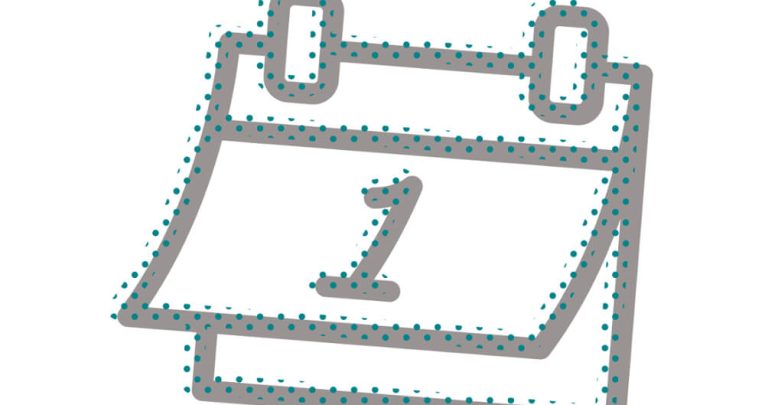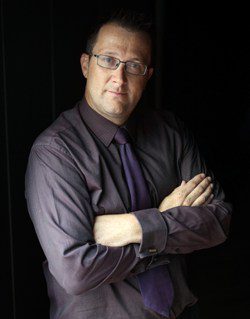New year’s resolutions for teachers

Not every New Years resolution will be a good idea, but if we take things one step at a time, setting ourselves goals can improve our lives in profound ways, says Vic Goddard…

- by Vic Goddard

It’s that time of year again when we decide to make promises that will often make us feel guilty at some point in the future! To make a resolution in the full knowledge that you are going to fail it – and feel bad about it – seems like an unnecessary act of self-harm.
As a profession, we can sometimes overplay our role and put pressure on ourselves to solve all of the world’s problems at once. We can get carried away in setting ourselves big, important goals, when setting something more realistic and achievable will help us to both be successful and get a better night’s sleep.
I know we have had SMART targets rammed down our throats for years through appraisal/PMR processes, but I’m talking about things that are more important than a PMR target (they do exist)!
The problem with big goals is that they are often too vague and give you an excuse to not get started; I am going to get healthier, for instance. I know that unless I can see and feel success, my intrinsic motivation wanes very quickly. I doubt that I am unique.
Our best lives
My good friend Steve recently told me he had always wanted to run a marathon in order to get fit, and that he was going to set this as his personal target for 2020.
He had always seen the London Marathon as a challenge to be conquered, and was conscious that a certain level of fitness would be required to do it.
Alongside that was his realisation – he is of a similar age to me – that he could do with getting fitter and healthier, so that he can enjoy his life to the full for a long time to come.
There is a lot of advice online about how to stick to your New Year’s resolutions, which will often tell you to write them down and display them somewhere. I can think of nothing worse, but it works for others!
I am, however, going to start by taking few minutes to think about what is important to me, and what makes me happier and healthier. I am then going to think of the smallest possible action I can take to start my progress.
I am going to make sure I know exactly how and when I can achieve my goal. I am not going to think about the next action until I have done the first, as that will just build pressure. I am also going to share what my small action is going to be with someone important to me, so that I have someone to celebrate with when I have done it.
In my case, I have realised that spending time with my friends makes me happy, and that I have become terrible at picking up the phone and suggesting a catch-up.
Instead, I wait to be invited to something someone else has thought of. My goal is to therefore arrange one catch-up with my friends in January. That’s all.
When I achieve that, I will then decide what the next action will be that will help me live my best life.
One simple change
From a work perspective, I would love it for all of our staff to set themselves a goal that helps them to balance their workload even more, but we all know that this type of target is the one we will fail most years.
So instead of that, we will suggest that they think of one simple change that will buy them an hour outside of school to do what they want.
It could be that they will use one PPA period differently to avoid having to do work in their own time.
It could be that that they have one afternoon where they have a run of time and an opportunity to get their prep done without having to take anything home – they could target that to optimise what they manage to get done.
Hopefully the knock-on effect of one small change will be felt positively, and become the first in a series of tweaks that will improve an aspect of their lives.
What small change will you make as the first step in a journey towards a better balance in life?
Vic Goddard is headteacher at Passmores Academy – as seen on Channel 4’s Educating Essex – and is the author of The Best Job in the World (Independent Thinking Press, £14.99).











